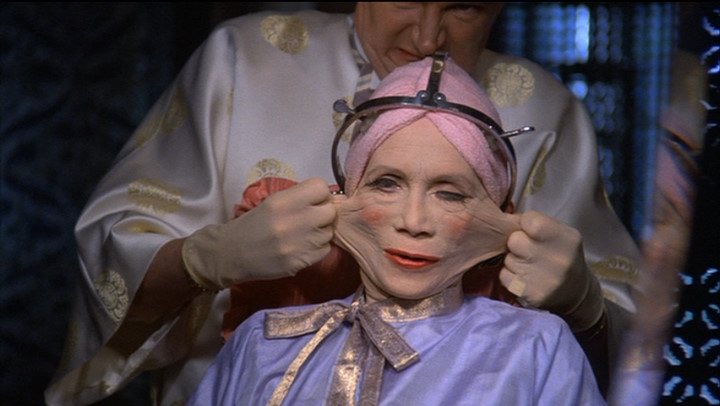It’s too late to save ourselves, but one gift we could give to people of the future, should they exist, is to explore and map the genomes of those creatures given to remarkably long lives. They’ve somehow developed internal methods for suppressing tumors and other flaws in the DNA that normally accompany aging. Such mysteries, once solved, may allow us to make the human lifespan more elastic.
It’s certainly not just size that matters, as David Robson explains in his BBC Future article “The Secrets of Living to 200 Years Old,” since there are both rats and whales able to grind nature’s inexorable march to a relatively slow crawl. An excerpt:
Several lines of evidence suggest there are brakes that can slow [the aging] progress. For instance, a common diabetes drug, metformin, can modestly slow ageing in mice. And simply changing one gene involved in cell metabolism in a roundworm can lead it to live many times longer than its parents; while it is unlikely the same changes would help more complex organisms, it hints that ageing is not beyond our control. “Ageing is a surprisingly plastic process that can be manipulated,” [the University of Liverpool’s Joao Pedro] de Magalhaes says.
Scientists like de Magalhaes and [Harvard’s Vadim] Gladyshev are now on the hunt for other candidates, using real-life Methuselahs as their guide. Across mammals alone, expected lifespan can vary 100-fold, from shrews that live for no longer than 1.5 years to the bowhead whales that can live for more than 200. It is as if, for various reasons, natural selection has somehow pushed certain creatures to evolve their own elixir of life.
“Metformin extends lifespan in mice modestly, but when you look at different species, the capacity of natural selection to extend lifespan is incredibly more powerful,” says de Magalhaes. “They will have probably evolved entirely different ways of living longer, and resisting cancer and other age-related diseases.” And each of those could lead to better medicine. Or as Gladyshev puts it: “Nature changes lifespan all the time, so the question is, how does it do it? And can we target those mechanisms, thereby increasing human longevity?”
The most interesting creatures are the extreme outliers; single species that seem to outlive even their closest relatives.•
Tags: David Robson, Joao Pedro de Magalhaes, Vadim Gladyshev

